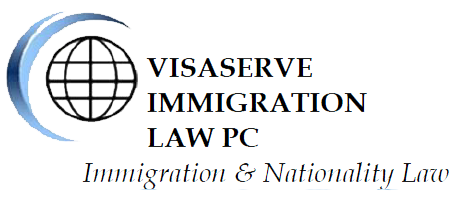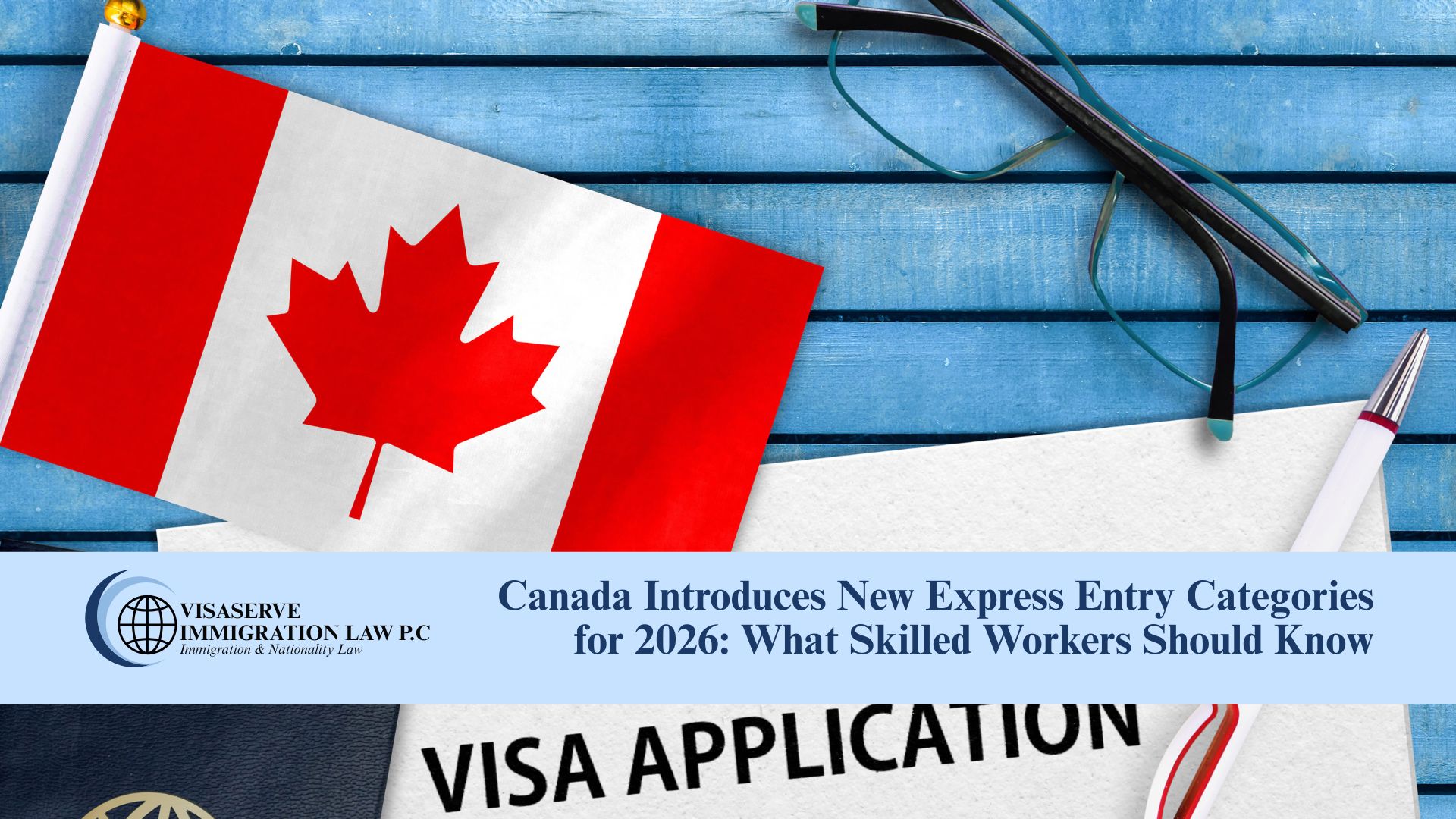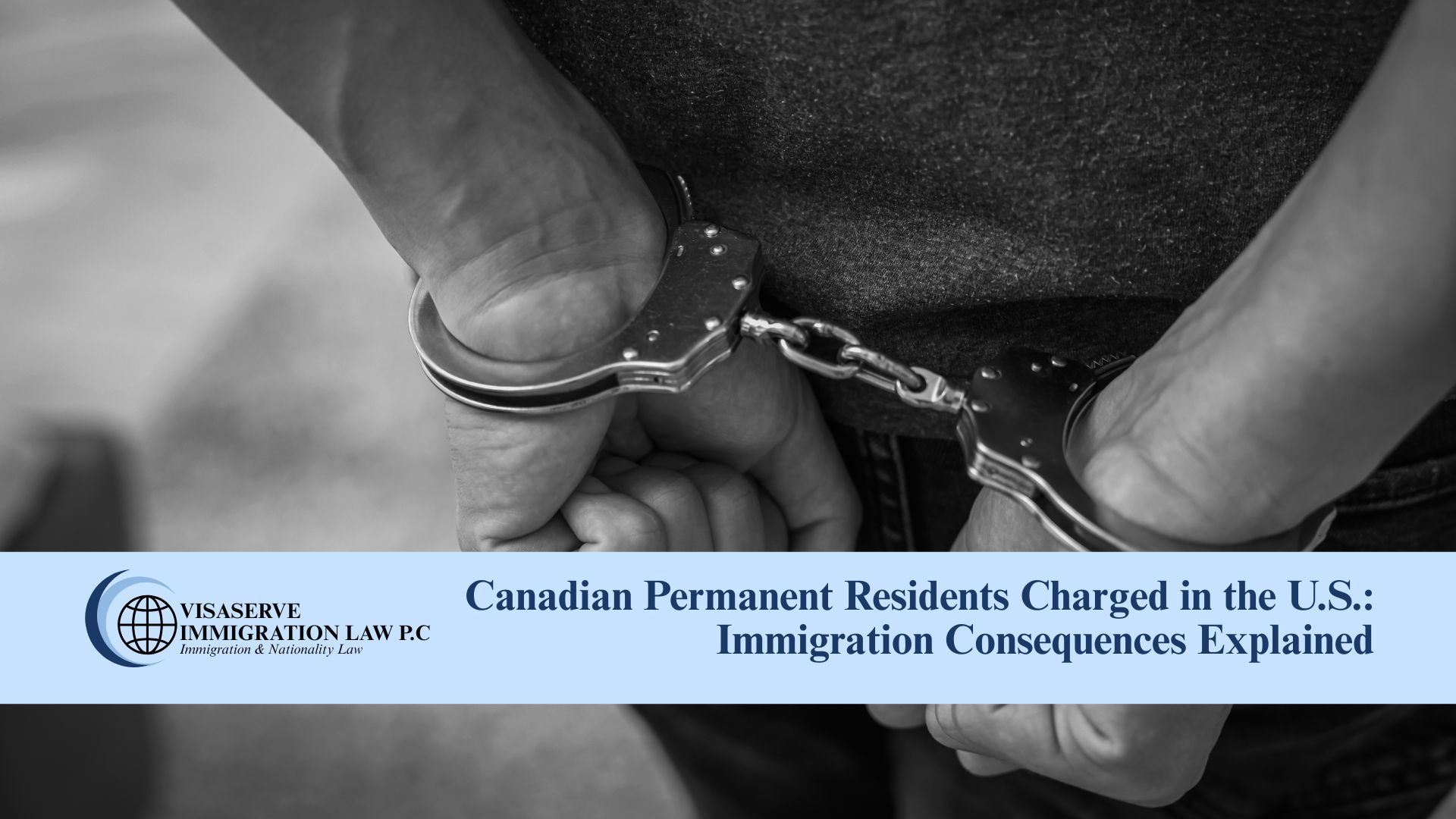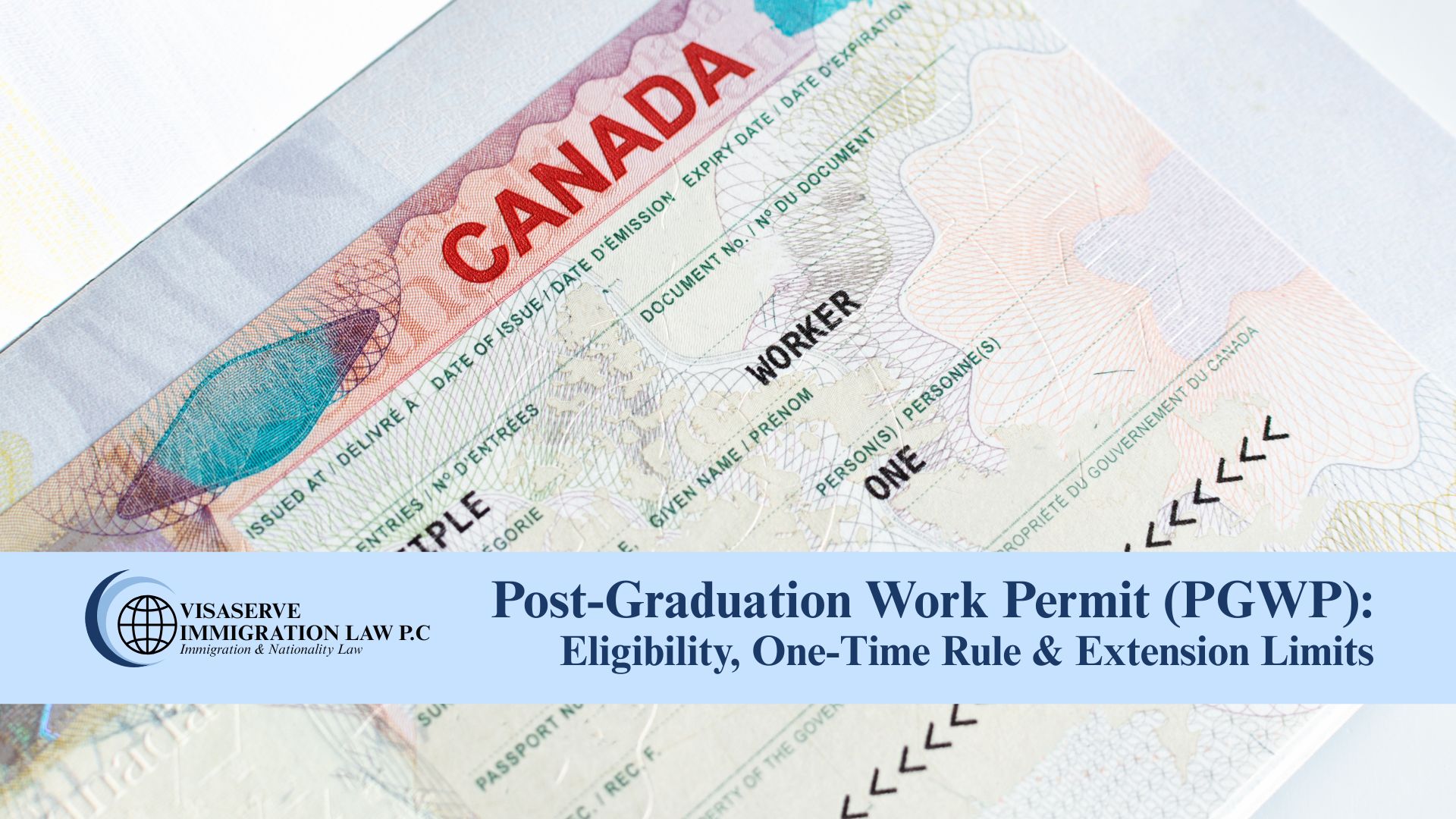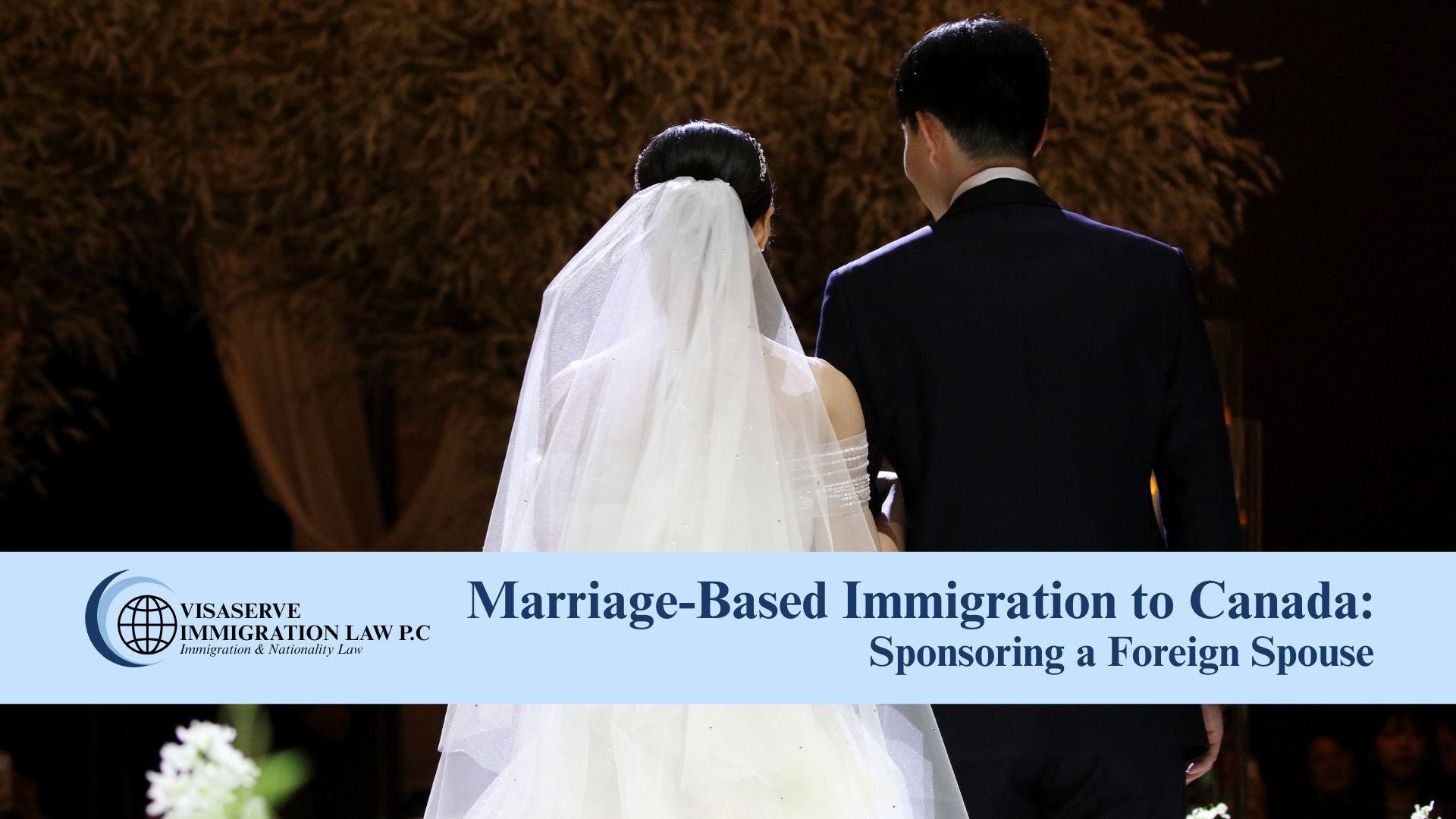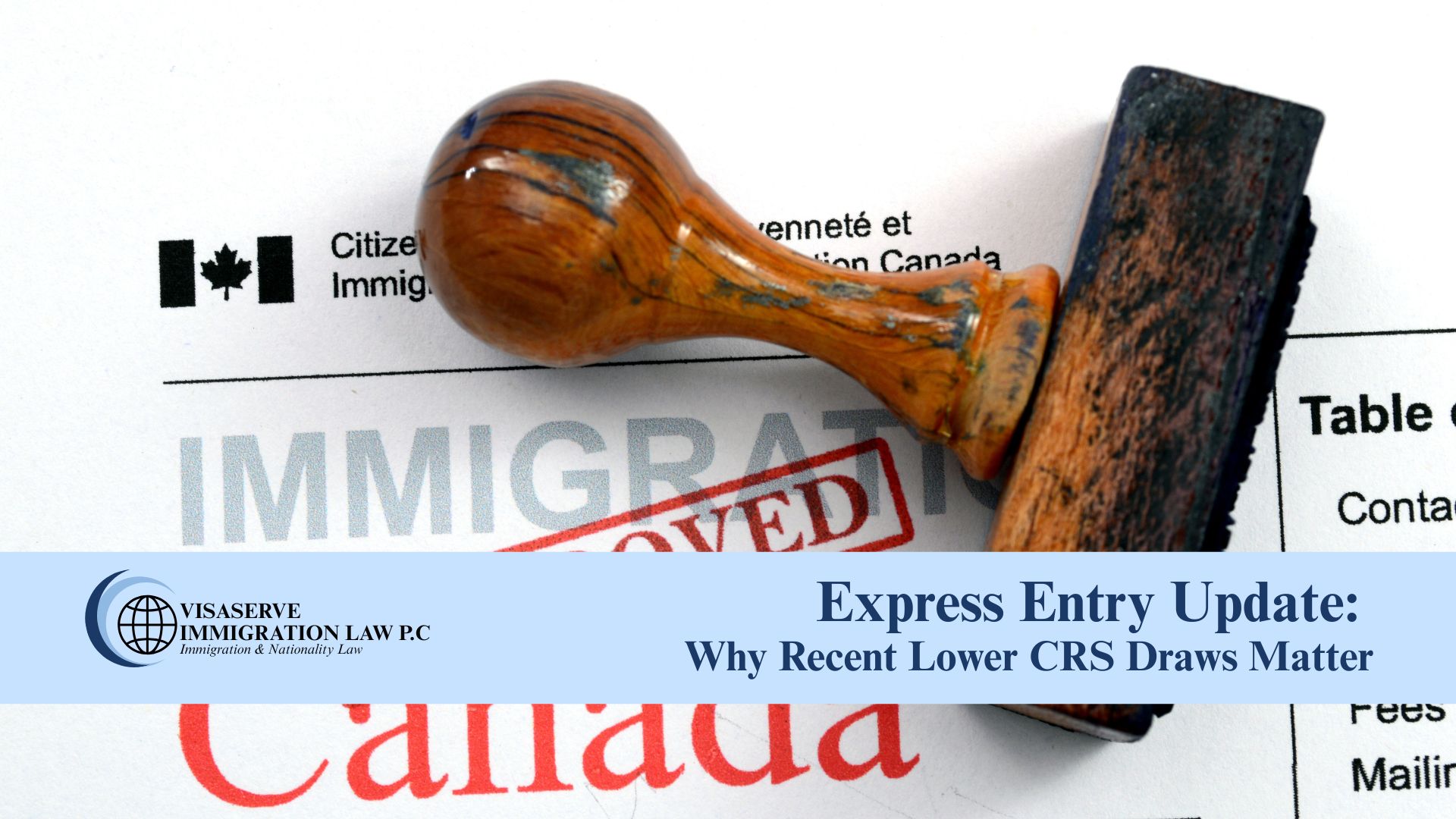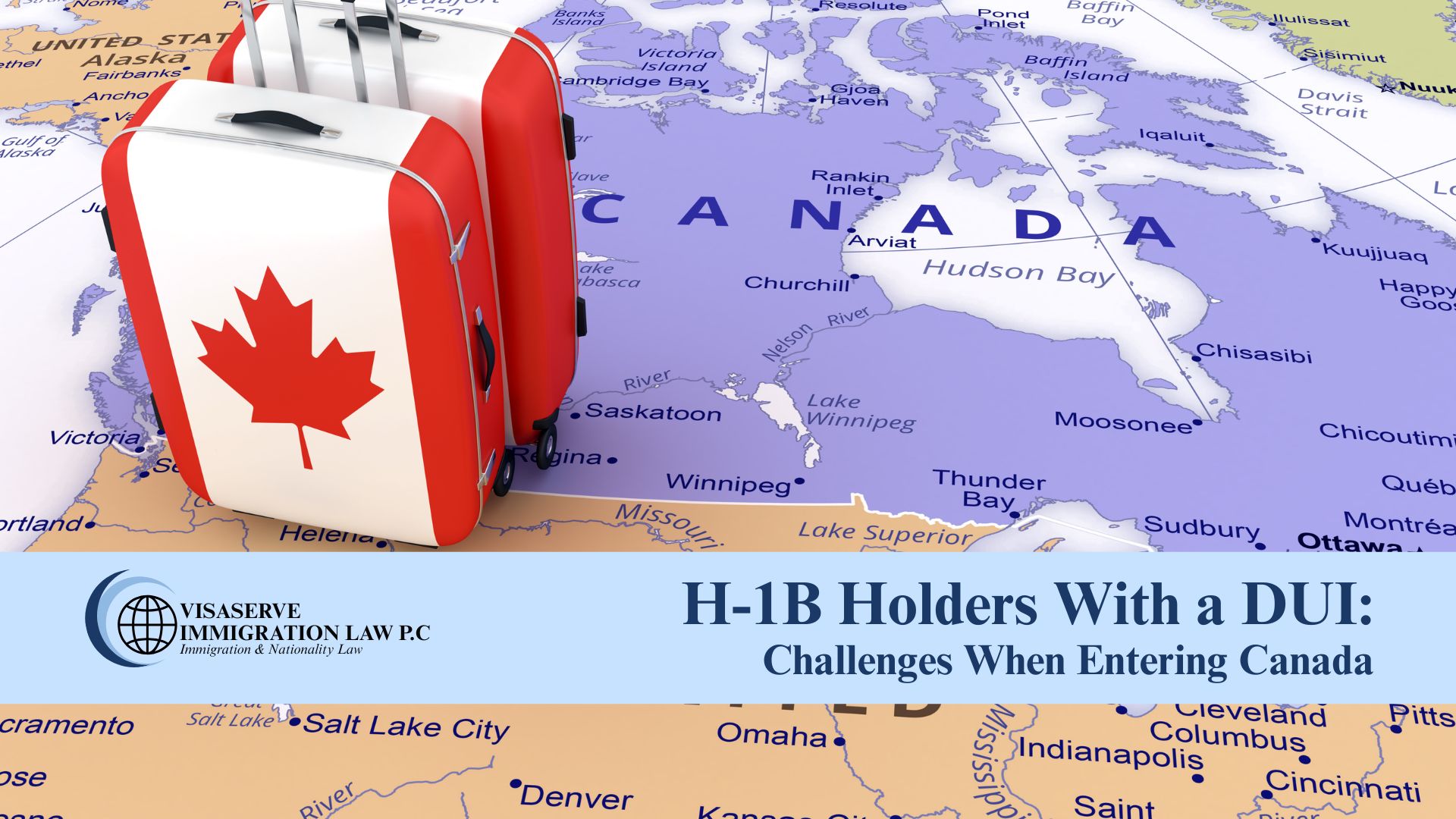Economic and Foreign Worker Programs:
- Innovation-Stream Work Permits: Introduction of a new category exempting certain employers from Labour Market Impact Assessment (LMIA) requirements.
- Work Permits for H-1B Visa Holders: Temporary policy allowing H-1B visa holders in the U.S. to obtain Canadian open work permits.
- Expansion of the Start-up Visa Category: Extended duration and accessibility of open work permits under this category.
- Expansion of the Francophone Mobility Program: Reduced French language proficiency requirements.
- Adjustments to the Temporary Foreign Worker Program: Changes to accommodate labor shortages, including adjustments in LMIA application duration and foreign worker caps.
- ESDC Recognized Employer Pilot: A new program to streamline LMIA applications for trusted employers.
- Expansion of International Experience Canada (IEC) Program: New agreements with Finland and Iceland, and expanded agreements with the UK and South Korea.
- Work Permits for Dependents of Foreign Workers: Increased eligibility for dependent children and spouses.
- Extension of Post-Graduation Work Permits: Extension policy for certain holders.
- Extension of Visitor-to-Work Permit Policy: Visitors can now apply for work permits within Canada under certain conditions.
Visitor and Entry Requirements:
- eTA Program Expansion: Addition of 13 countries to the eTA program.
- Digital Nomad Visa Clarification: Policy for foreign workers employed by foreign employers working remotely in Canada.
International Students:
- Study Without a Permit: Temporary policy allowing certain work permit holders to study without a study permit.
- Integrity Measures for Study Permit Program: New requirements for Designated Learning Institutions.
- Lifting Work Limitations for Study Permit Holders: Extension of policy allowing more than 20 hours of work per week.
Permanent Residence Selection and Pathways:
- Express Entry – Category-Based Invitations: Introduction of six new categories targeting specific skills and occupations.
- Economic Mobility Pathways for Skilled Refugees: New federal pathways for skilled refugees and displaced persons.
- Family Reunification for Spousal Sponsorship: New policies to facilitate family reunification and work permit access.
- Agri-Food Pilot Extension: Extension and modification of the program for agricultural workers.
- Construction Workers in GTA: Policy extension for out-of-status workers.
Responses to Humanitarian Situations:
- Measures for Israeli, Palestinian, Colombian, Haitian, Venezuelan Nationals: Special measures and pathways in response to specific global events.
- Special Measures for Syrian, Turkish, Sudanese, Ukrainian, Hong Kong, Iranian, and Moroccan Nationals: Various temporary measures in response to conflicts and disasters.
General Observations:
- The Canadian government demonstrated adaptability in response to global economic and humanitarian challenges.
- Emphasis on temporary measures to ease burdens caused by external crises.
- Efforts to modernize immigration policies to align with current economic needs.
- Recognition of the need for further policy development in areas such as remote work for foreign workers.
At NPZ Law Group, our U.S. and Canadian lawyers seek to assist clients with regard to employment and family immigration issues. If you or your friends or family should have any questions about any aspect of U.S. and Canadian Immigration Law, please feel free to contact us at info@visaserve.com or you can call our office at 201-670-0006 (ext. 104). We look forward to being able to assist you.
